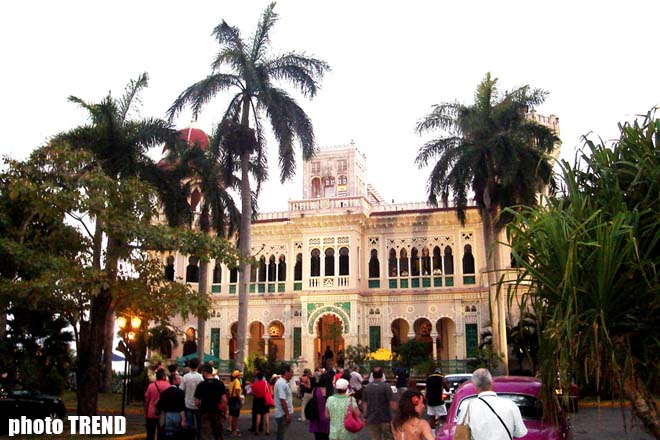More than six million Cubans have participated in public debates on leader Raul Castro's economic reform proposals, according to an editorial in the official daily Granma Friday.
The Cuban government is promoting an action plan to relieve the decades-long economic crisis on the island, Xinhua reported
The measures include the dismissal of 1.5 million workers in bloated state companies during the first half of this year, an increase in foreign investment and the promotion of private small businesses.
The reforms are contained in a document, "Guidelines for Economic and Social Policy of the Party and the Revolution," which was discussed throughout the country in every work center, school and neighborhood "as an example of participatory democracy" on the island, according to the editorial.
The document calls for achieving greater efficiency in primary sectors such as agriculture and during the investment process, so the local economy can be more productive.
In this regard, the government will prioritize investments, which could generate savings through import substitution, while increasing exports and the fast recovery of the invested money.
According to Granma, the main topics discussed by the Cubans were those concerning the "gradual" elimination of ration cards (Cuba has maintained since 1962 a subsidized food card for each person), higher wages and the monetary union.
Cuban workers receive their wages in Cuban pesos (CUP), while most of the goods are sold in convertible pesos (CUC). A CUC equals 24 CUP. The average salary for a Cuban professional is around 20 CUC (18 U.S. dollars).
Cuba lacks about one million houses, exacerbated by the destruction by a series of cyclones in 2008. The new reforms promote housing construction by people using their own resources, while encouraging the local building materials industry.
Authorities say the plan is only to "upgrade" the island's economy, not "abandoning the socialist system."
"Only socialism can overcome difficulties and preserve the gains of the revolution," Castro says frequently.
Castro said the changes were intended to "lay the foundations for irreversibility and the development of Cuban socialism."
He also said the measures sought to suppress the "paternalistic approaches which discourage the need to work for a living, and to reduce unproductive expenditures."
He said that "we must erase the notion that Cuba is the only country in the world where it is possible to live without working." To the workers to be laid off, he said that "nobody will be abandoned to his fate."
The immediate purposes of the new economic policy were to reduce the foreign exchange expenditure through efficient replacement of foreign importation, to restore the productive capacity, to enhance management efficiency and to eliminate "excessive subsidies, and improper gratuities."
It also proposes to reduce the external imbalance and to regain the ability to pay the external debts, while reducing the expenses, even in social sectors like education and health.






